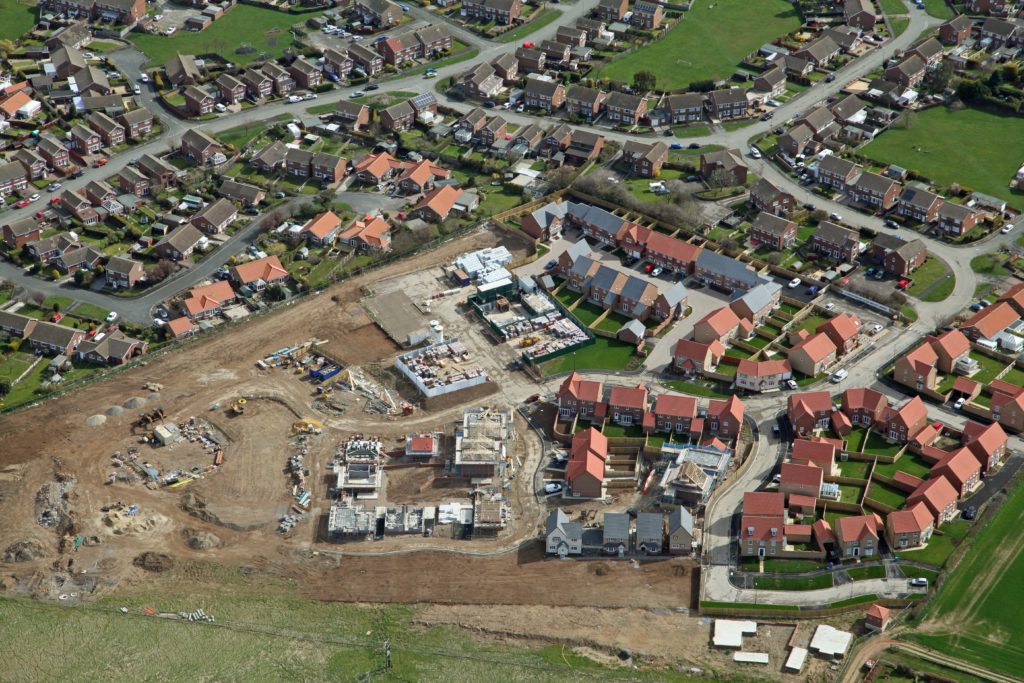Judicial Reviews are symptomatic of a wider problem

Unfounded objections to planning decisions and the rapid rise in judicial review applications over recent years has been a recurring topic of concern for the development industry. According to an article published in The Irish Times earlier this week, the number of new residential units impacted by judicial review applications and resultant delays increased from 508 homes in 2019, to 5,802 homes in 2020. Even the rate of increase is increasing. Most recent data compiled by FP Logue Solicitors revealed that 48 percent of all residential units granted planning through the SHD in the first half of 2021 were subject to judicial review. In real terms, this equates to 4,151 new homes out of a potential 8,572 homes that will be delayed or not delivered at all.
Certainly, these figures are outrageous, but outrage is subjective. The more critical issue is that these figures are untenable. The Department of Housing has promised new legislation this month to curb the inappropriate use of judicial review to block large-scale housing schemes that have already been granted planning by An Bord Pleanála. The new legislation being brought forward by Fianna Fáil is, in fact, a re-activation of Fine Gael’s 2019 proposals to reform the judicial review provisions of the Planning Act. Frustratingly, these proposals were put on hold before the last general election so it is interesting to see them being put forward now, largely intact.
The strategic housing development (SHD) application process was designed and implemented to speed up the delivery of vital new homes by eliminating delays in the planning process, however, the misuse of judicial review applications has completely frustrated the objectives of SHDs. Most media have taken the approach that ‘big industry’ lobbied for this process and must now live with the consequences, however, this is overly simplistic at best – and, at worst, inaccurate. Yes, lobbying was done to speed up the planning process, but also to provide more certainty on timelines for the delivery of large-scale housing developments. And to be clear, this is not an anti-democratic measure. Planning is a public function and the community has an important role to play. But the system is broken to the point that the community must resort to ‘side doors’ to access what ought to be accessible.
As things currently stand, the SHD process is in its final stage so this legislation, depending upon how long it takes, is likely to have little impact; ‘too little, too late’. Developers are now calling for a choice to be given for developments in excess of 100-units to go through SHD or local authority planning, effective immediately. If An Bord Pleanala is suffering from capacity issues, it seems likely that local authorities will encounter similar, crippling issues. Right now, it’s all a bit of a mess and even the proposed solutions are unlikely to be satisfactory. Until there is personal accountability for all parties to a judicial review, the system cannot operate in a fair way. People who challenge major planning decisions must be held to a higher standard and face the risk and cost of loss in the same way as any party considering any legal action.
Ian Lawlor
086 3625482
Managing Director
Lotus Investment Group
